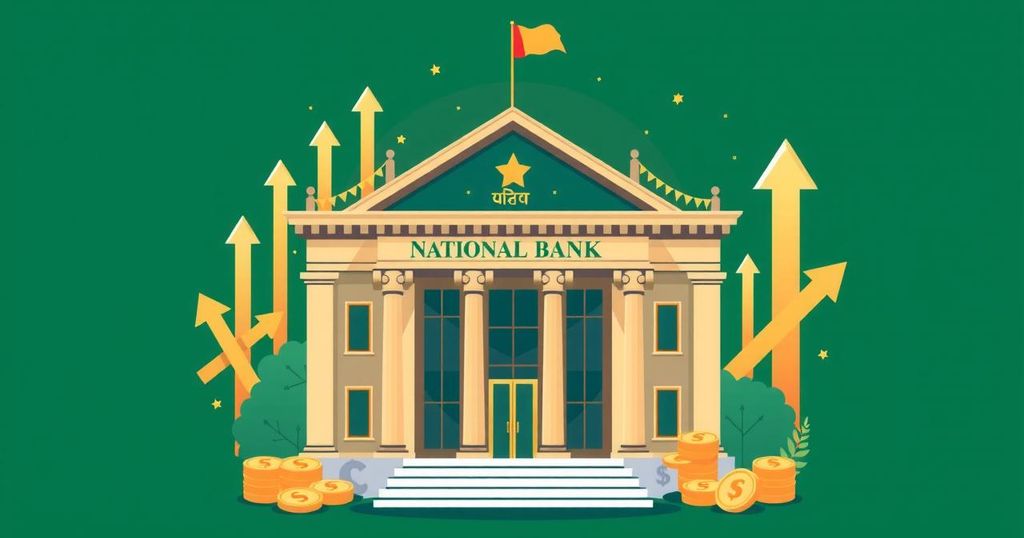The National Bank of Kazakhstan raised the base rate from 15.25% to 16.5% amid economic concerns. Analyst Rassul Rysmambetov views this as a preemptive move due to inflation risks from rising tariffs, VAT hikes, and deregulation. Key influences include U.S. policy changes, economic liberalization, and VAT proposals affecting inflation expectations.
The National Bank of Kazakhstan (NBK) has implemented an increase in the base rate from 15.25% to 16.5%, marking a significant rise of 1.25 percentage points due to mounting economic uncertainties. Independent financial analyst Rassul Rysmambetov characterized this decision as a proactive measure, citing concerns such as increasing tariffs, an upcoming value-added tax (VAT) rise, and economic deregulation that could exacerbate inflation.
Rysmambetov identified three primary factors influencing the NBK’s decision. Firstly, changes in U.S. policy under the Trump administration, particularly regarding energy, are projected to affect Kazakhstan’s budget and inflation outlook. Secondly, a decree signed by President Kassym-Jomart Tokayev in May aimed at economic liberalization underscores a policy direction focused on price and tariff deregulation. Lastly, the government’s proposal to increase VAT has further fueled anticipations of rising inflation.
The analyst emphasized that without the intense focus on oil and inflationary pressures associated with VAT increases, the economic landscape might have appeared more stable. Moreover, Rysmambetov pointed out the unpredictability of current global affairs, stating, “No one could have foreseen what is happening in the world today.”
He further discussed the implications of the ongoing tariff war involving major economies, warning that Kazakhstan, as an oil-producing nation, will inevitably bear the consequences of such global economic shifts.
In conclusion, the National Bank of Kazakhstan’s decision to increase the base rate stems from rising economic concerns, including potential inflation and external policy changes. The situation reflects a broader trend of global economic shifts, such as the tariff war, which could impact Kazakhstan’s economy significantly. The proactive step taken by the NBK aims to mitigate the risks associated with these uncertainties.
Original Source: astanatimes.com






